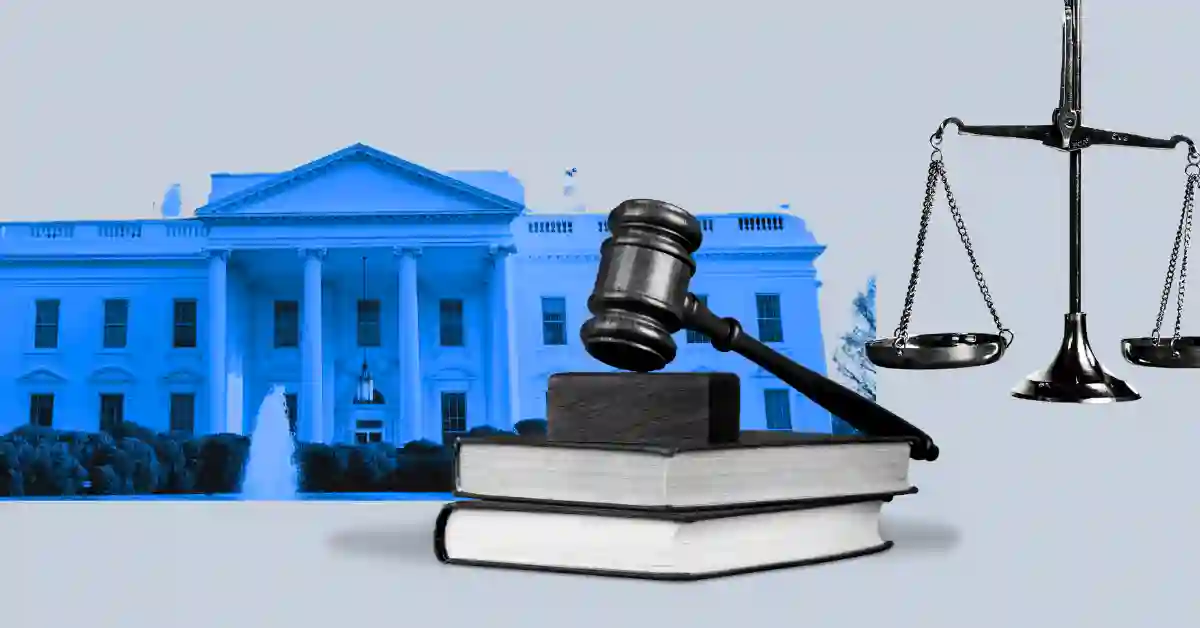
Amidst growing concerns over regulatory transparency, notable developments have emerged in the crypto industry. Eleanor Terrett, a journalist with FOX Business, recently shed light on the ongoing challenges faced by Coinbase as they strive for open communication with federal authorities. The release of 23 “pause letters” by Coinbase, obtained through legal action against the Federal Deposit Insurance Corporation (FDIC), has reignited discussions surrounding what has been termed “Operation Chokepoint 2.0.”
The Controversy Behind Operation Chokepoint 2.0
The term “Operation Chokepoint 2.0” has become synonymous with allegations made by various players in the crypto industry. These claims suggest a concerted effort by regulatory bodies to suppress industries deemed untrustworthy by severing their access to essential banking services. The recent disclosure of these communications by Coinbase highlights the growing tension between crypto firms and federal banking authorities, fueled by regulatory ambiguity.
The Nature of Pause Letters
According to the letters, which were sent in 2022, the FDIC requested that financial institutions “pause all crypto asset-related activity” due to unclear regulations surrounding digital assets. The letters indicated that the FDIC would notify banks at a future date regarding supervisory expectations for engaging in crypto-related activities, including the necessity for regulatory filings. This stance has further compounded the challenges faced by crypto companies in securing reliable banking partnerships in the United States.
Paul Grewal’s Perspective on the Issue
Paul Grewal, Chief Legal Officer at Coinbase, has been vocal about the implications of these pause letters. He emphasized that the letters substantiate the existence of Operation Chokepoint 2.0, countering claims that it was merely a crypto conspiracy theory. Grewal criticized the FDIC for excessive redactions and for failing to release a substantial portion of the requested documents. Despite these challenges, Grewal expressed pride in the team’s persistence through Freedom of Information Act (FOIA) requests, denials, appeals, and even a federal lawsuit.
The Call for Greater Transparency
Grewal underscores the necessity for clarity and transparency from the government, advocating for unredacted versions of the letters. He asserted that law-abiding American businesses should have access to banking services without undue governmental interference. Additionally, he highlighted the opportunity for the incoming administration to rectify previous policy missteps, particularly those involving politically motivated regulatory decisions like Operation Chokepoint 2.0.
The Broader Implications for the Crypto Industry
Operation Chokepoint 2.0, as perceived by the crypto industry, suggests an exertion of pressure by the U.S. government on banks to sever ties with crypto companies. This initiative recalls the original Operation Chokepoint from 2013 to 2017, which targeted payday lenders and high-risk activities. In a recent revelation, prominent crypto executives reported that banks had informed them their accounts would be closed in 2023 due to their associations with digital assets.
Challenges in Banking Partnerships
For years, crypto companies have grappled with challenges in establishing banking partnerships in the U.S. This is primarily due to the lack of clear guidance from federal regulators, coupled with concerns about regulatory compliance, fraud risks, and potential reputational damage. Consequently, banks have been hesitant to engage with crypto firms, further isolating the industry from mainstream financial services.
The Path Forward
Coinbase executives argue that the absence of formal guidelines for the crypto industry leaves room for regulators to impose informal restrictions, effectively marginalizing the industry. As the discourse around Operation Chokepoint 2.0 continues, it remains crucial for stakeholders in the crypto space to advocate for clear, unbiased regulatory frameworks that promote growth and innovation while ensuring compliance and consumer protection.






